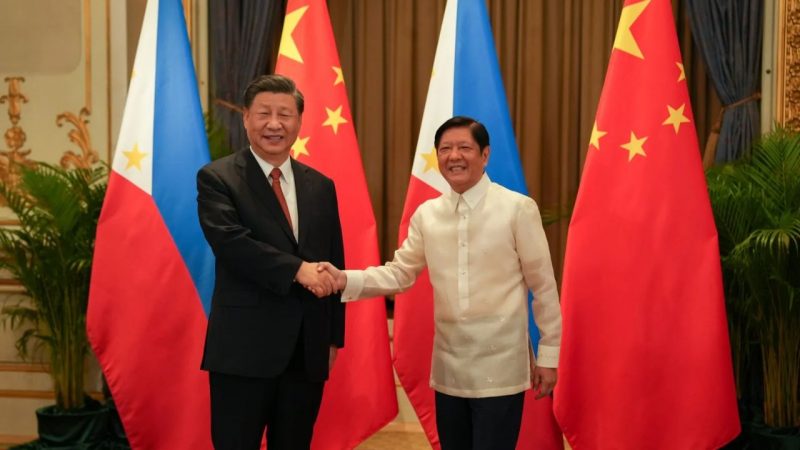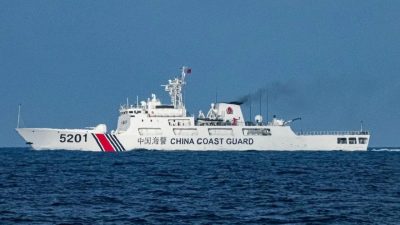MANILA — In an update on Friday, President Ferdinand Marcos Jr. announced his intention to meet with Chinese leader Xi Jinping to address escalating tensions in the West Philippine Sea.
The scheduled Marcos-Xi meeting follows discussions between Marcos and United States Vice President Kamala Harris at the sidelines of the Asia-Pacific Economic Cooperation (APEC) Summit occurring now in San Francisco, California.
In a video released to reporters, Marcos revealed that his conversation with Harris revolved around the Philippine assessment of the situation in the West Philippine Sea, part of the larger South China Sea, which China claims as its territory.
“We tried to discuss some of the ways forward, especially after I meet with President Xi, which I’m going to have today (Saturday, 18 November). After that, we will put together the ways forward.”
Emphasizing the Philippines’ commitment to maintaining peace in the region, Marcos stated that he would engage with Xi to explore measures “to bring down the temperature and not escalate the situation in the West Philippine Sea.”
The President highlighted that discussions with Xi would involve strategizing the Philippines’ and China’s role concerning the West Philippine Sea.
Tensions between the Philippines and China have heightened over Chinese efforts to obstruct Philippine missions delivering supplies to soldiers stationed in Ayungin Shoal, well within Manila’s exclusive economic zone.
Beijing claims that these missions intrude into Chinese waters.
During the meeting with Harris, Marcos reaffirmed the strong alliance between the United States and the Philippines.
They discussed ongoing efforts to deepen security ties, expand commercial and economic cooperation, and uphold international rules and norms, particularly in the South China Sea.
The White House released a statement underscoring the United States’ commitment to defending the Philippines’ sovereign rights in the region.
Apart from security matters, Marcos and Harris explored economic cooperation, resulting in agreements such as the “123” civil nuclear cooperation agreement and a partnership to diversify the global semiconductor ecosystem.
House Speaker Ferdinand Martin Romualdez expressed optimism about the meeting’s potential to open doors for more economic opportunities for Filipinos.
He emphasized the enduring strength of the alliance between the United States and the Philippines and commended the united front demonstrated in promoting adherence to a rules-based order.
(I. Amigo/mnm)







